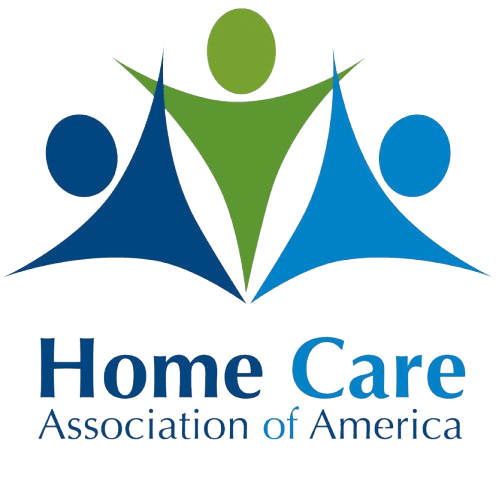Forgiveness often means letting go of grudges and hurts from the past. It doesn’t mean forgetting that they happened but instead focuses on moving past and away from the anger and resentment that they have caused.
If your elderly loved one has some past hurts that she’s been holding onto for decades, it’s not too late for her to work on forgiving. The hurt may not go away, but if she decides to participate in Global Forgiveness Day and forgive the offender, she might find it’ll lessen the grip it has on her. It can help free her from the control that the person who harmed her has had on her.
Forgiveness often provides more benefit to the person doing the forgiving than it does to the person being forgiven. Sometimes the person being forgiven may never even know it. One area that forgiveness often helps the forgiver the most is mental. It can improve health and bring peace of mind. Here are just a few ways it may benefit your loved one:
- A stronger immune system.
- Better mental health.
- Reduced anxiety, stress, and built-up anger.
- Healthier relationships.
- Reduction of depression symptoms.
- Lower blood pressure.
- Better heart health.
- Self-esteem improvement.
But taking that first step toward forgiving someone can be hard and your loved one might need your help or the help of a neutral third party like her elder care provider. Listing her grievances to someone without having that person know any of the people personally can make it easier for her to talk about why she was hurt. Her caregiver can offer emotional support and a sounding board during difficult times.
Forgiveness is a commitment to change a long-held emotion and move in a new direction. It is not an overnight process for many so finding a support person might be a key step for your loved one to learn to forgive the person who offended her, especially if that person isn’t seeking forgiveness. Here are some steps she can take on her forgiveness journey.
- Believe in the value of forgiveness and how it will make her life better.
- Take some time to seriously determine what needs healing and who it is she needs to forgive. She might be holding the wrong person accountable for her hurts.
- Join a support group or talk to someone supportive and empathic.
- Acknowledge and honor the emotions about the harm committed, then recognize how those emotions have influenced her behavior so that she can work to release them.
- Actively choose to forgive the person who offended her.
- Finally, release the control and power that the offending person and situation have had in her life.
The journey to forgiveness can be challenging, but it doesn’t have to be impossible. Sharing her feelings with others, talking to someone she trusts, and journaling about her feelings can all help.
If you or an aging loved one is considering elder care in Walnut Creek, CA, please contact the caring staff at Provident Care Home Care today at (209) 578-1210.



